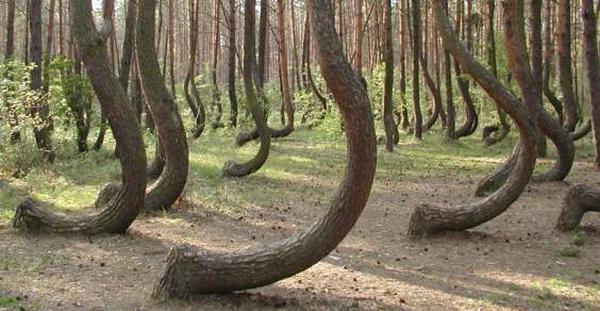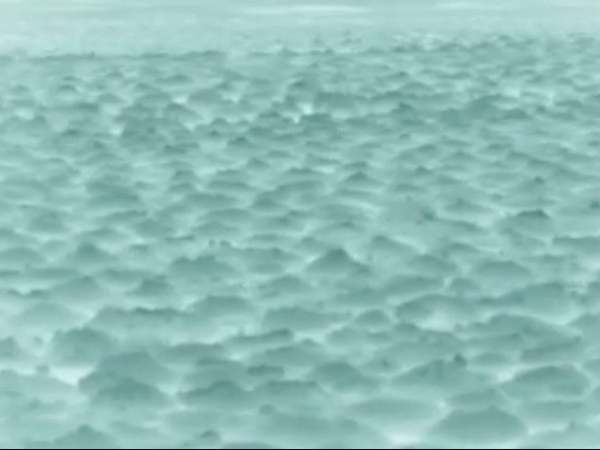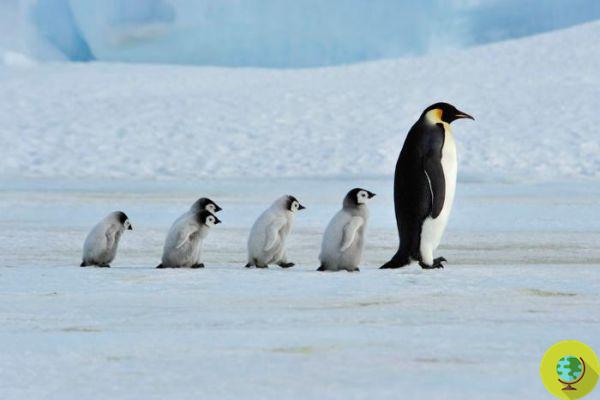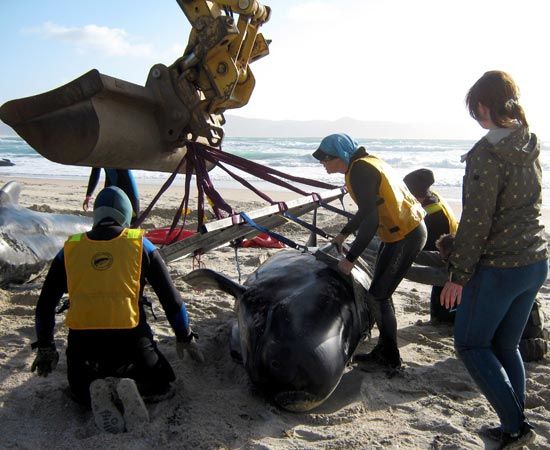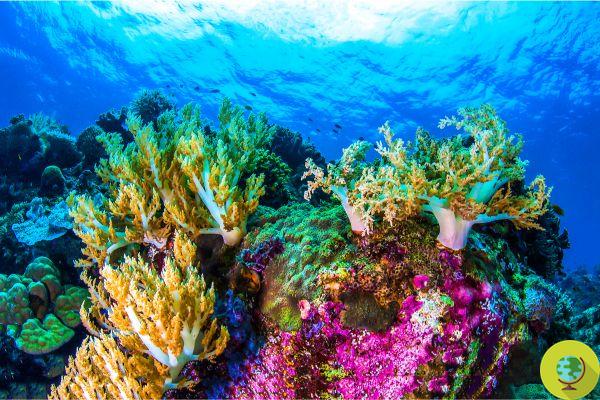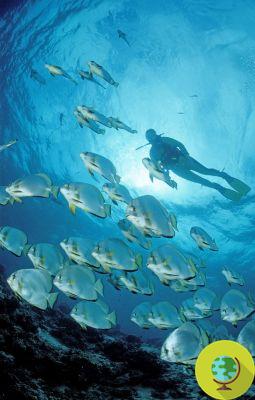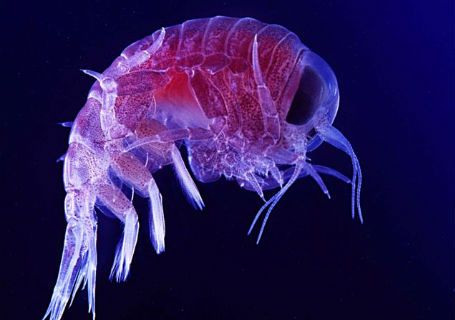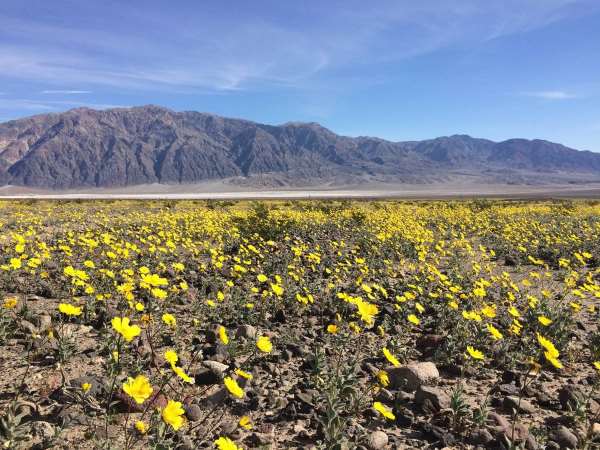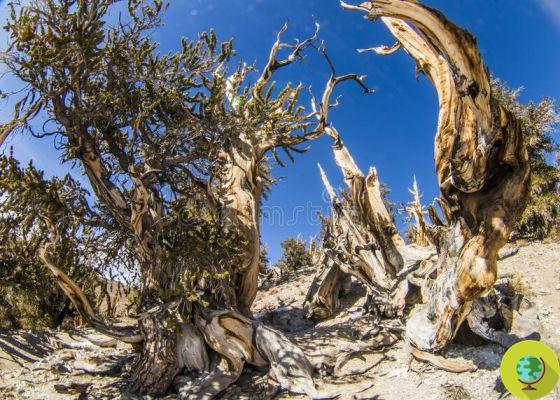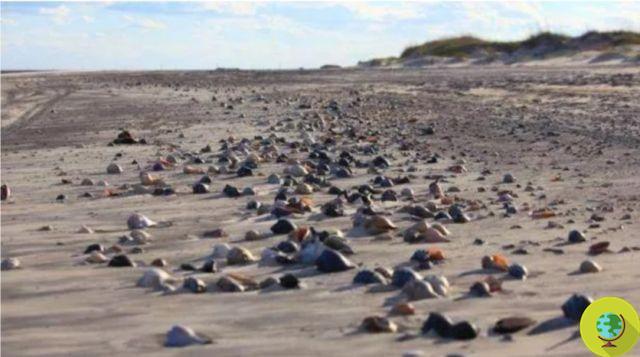
Deserted and silent shores, so the beaches of the Outer Banks of North Carolina, are filled with colorful shells, creating a truly magical atmosphere
He is about to end up run over, his mother saves himDeserted and silent coasts, so the beaches of the Outer banks of North Carolina, are filled with colorful shells creating a truly magical atmosphere. To share the video of this show is Cape Lookout National Seashore which shows us once again, what happens when man withdraws and nature takes back its spaces.
The Outer Banks are a 160 km thin strip of sand that shapes the North Carolina coast and separates the Atlantic Ocean from Albermarle Bay and Pamlico Bay. A place usually very crowded with tourists, but which in this period, due to the lockdown due to the coronavirus, appears deserted and pristine. In the video shared on Facebook you can hear the sound of the sea, the rustle of the wind and the sound that the shells stranded on the beach are able to produce. It is no coincidence that the Cape Lookout National Seashore, defines the vision as 'a beach postcard'.
A day at the beach, Cape Lookout National Seashore — no narration
Postcards from the beach — Need your beach fix? This short video was sent to me this weekend from the ranger on patrol. Video has no narration — only sounds are from the wind and waves.Update: the same beach one week later https://www.facebook.com/CapeLookoutNPS/videos/232994631124283/
Posted by Cape Lookout National Seashore on Monday, April 13, 2020
The image is strong because every year, tourists collect shells to take home as a souvenir. This happens despite the fact that doing so is illegal and can lead to a very hefty fine.
In fact, the Navigation Code punishes the taking of any marine animal or vegetable material or species with an administrative sanction, because even the shells with their life cycle contribute to the formation of the beach.
However, under the video published on social networks, there are many who comment that they would like to collect some to keep at home as an ornament. "I can't believe it: all those shells would appeal to children! ", write a user your Facebook.
The human being steps aside, nature takes back its spaces and returns to "breathe"
The carpet of shells extends for many meters, the colors are varied and everything appears calm, above all because as we said, due to the Covid-19 emergency there is no open accommodation facility and the county of Dare, which includes most part of the Outer Banks, it has set up roadblocks to prevent visitors from heading to the popular resort.
"These restrictions can be inconvenient and have financial repercussions, however, they have been introduced in the interest of public safety to limit the spread of Covid-19," said the Dare County Emergency Center. In this area, there have been 6198 cases with at least 181 deaths, according to Johns Hopkins University.
Since the emergency began, we have shown you many cities where nature has regained its space, from goats on the streets of Wales to dolphins in the Strait of Messina, up to the Germans that have nested in the Venice wharf. Images that we would hardly have seen in the daily frenzy. Now we are at home and nature feels free.
Yogi is partying! With no visitors, the bears reclaim California's Yosemite park closed due to coronavirus
Fonte: Cape Lookout National Seashore/The Charlotte Observer
Read also:
- Reggio Calabria, dolphins a few meters from the shore: their dance enchants (from the balcony) the Strait
- The streets of Wales are deserted and the majestic wild goats set out to conquer the city
- The hares film the parks of a deserted Milan: the beautiful images




